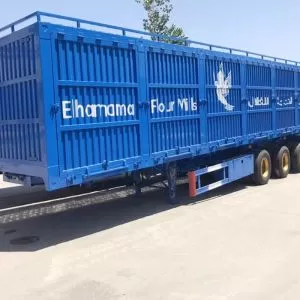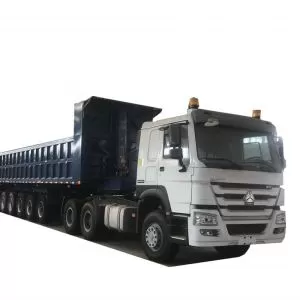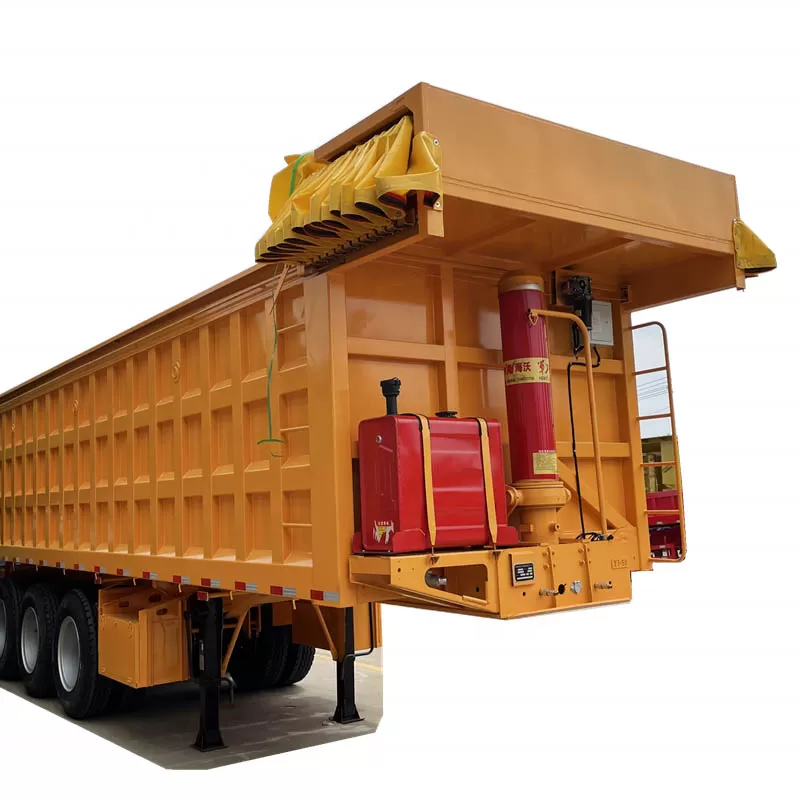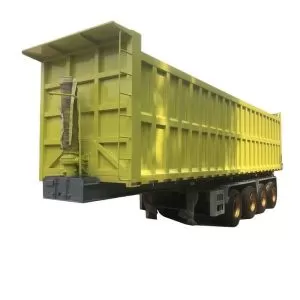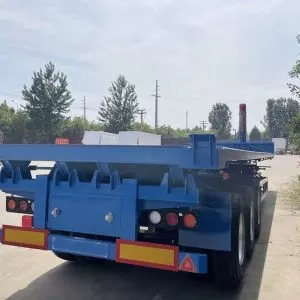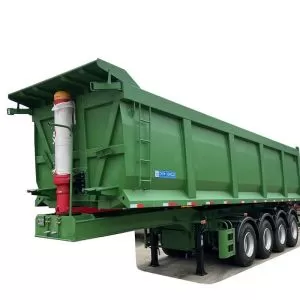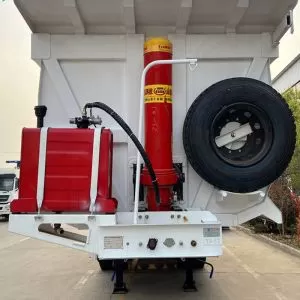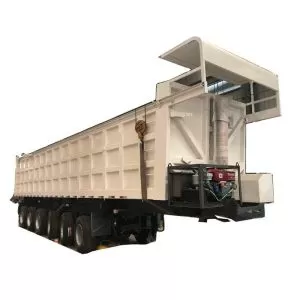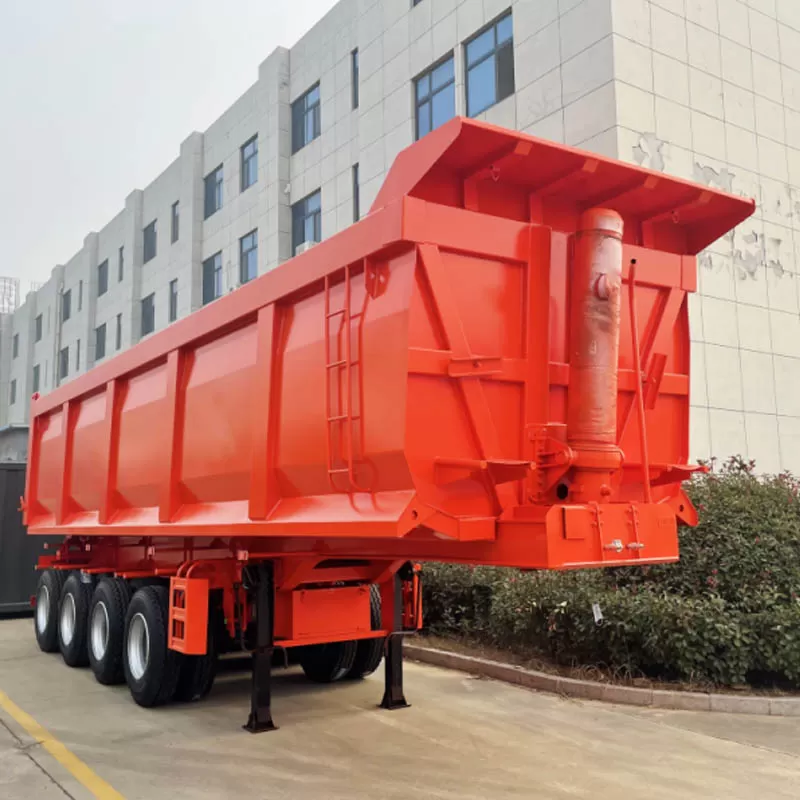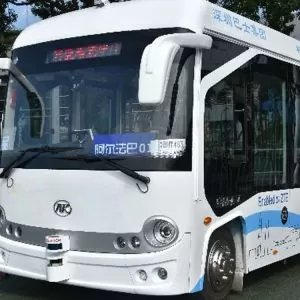Show description
Relying on the four major classifications of Cargo, Tractor, Heavy-duty and Special-purpose, the commercial vehicle industry accurately covers multiple scenarios from light warehousing to high-intensity outdoor industry, covering a wide range of industrial vehicles to meet the needs of logistics, construction sites, manufacturing and other scenarios for cargo handling, towing, heavy-duty and special-purpose applications. According to the difference in use and structure, they can be divided into Cargo, Tractor, Heavy-duty and Special-purpose, each of which is subdivided into different types of forklifts and related industrial vehicles. The commercial vehicle industry is accelerating its development in the direction of “electrification, intelligence, and special-purpose customization”: the popularity of electric forklift trucks has increased significantly, fuel cells and AI-assisted control have become hotspots for innovation, and the promotion of remote control and automation equipment for high-risk environments has become obvious. Although traditional structure still dominates, high efficiency, green safety and digital empowerment will become the core of commercial vehicle development in the future.
Cargo Series
Cargo commercial vehicles are mainly used for short-distance transportation, carrying light to medium loads, and usually adopt high-efficiency forklift arms, pallet systems, or boxes. Representatives of this segment include electric forklifts, hand pallet trucks and other equipment, which are widely used in warehousing, retail and distribution centers, with a focus on operator comfort, energy consumption and efficiency optimization. The global forklift market is dominated by electric (Class I-III) models, which promote the development of green logistics.
Traction Series
Traction vehicles are used to tow trailers or trailers, and are commonly used in ports, airports, and multi-trailer towing logistics scenarios within factories. Including tractor and Tow Tractor, which can be operated remotely or automatically to enhance the coherence and safety of internal logistics, and is an important part of the automated warehousing system.
Heavy Industry Series
Heavy duty commercial vehicles are designed for high-load, high-intensity outdoor conditions such as construction sites, mines and ports. The product line includes rough terrain forklifts (Rough terrain/Class VII), heavy-duty forklifts (Class V), heavy-duty tractors, etc., which are equipped with large tonnage, high load-resistant capacity and off-road performance to adapt to muddy and unpaved terrain.
Special Series
Specialized trucks are designed in accordance with specific operating environments, such as cold storage, electroplating plants, chemical warehousing and so on. They include remote-controlled forklifts, fuel cell forklifts, fire-fighting forklifts, self-guided AGVs, and explosion-protected forklifts. The trend of intelligence and automation has been obvious in recent years, and fuel cell and AI-driven forklifts have gradually landed to improve energy efficiency and precision.

